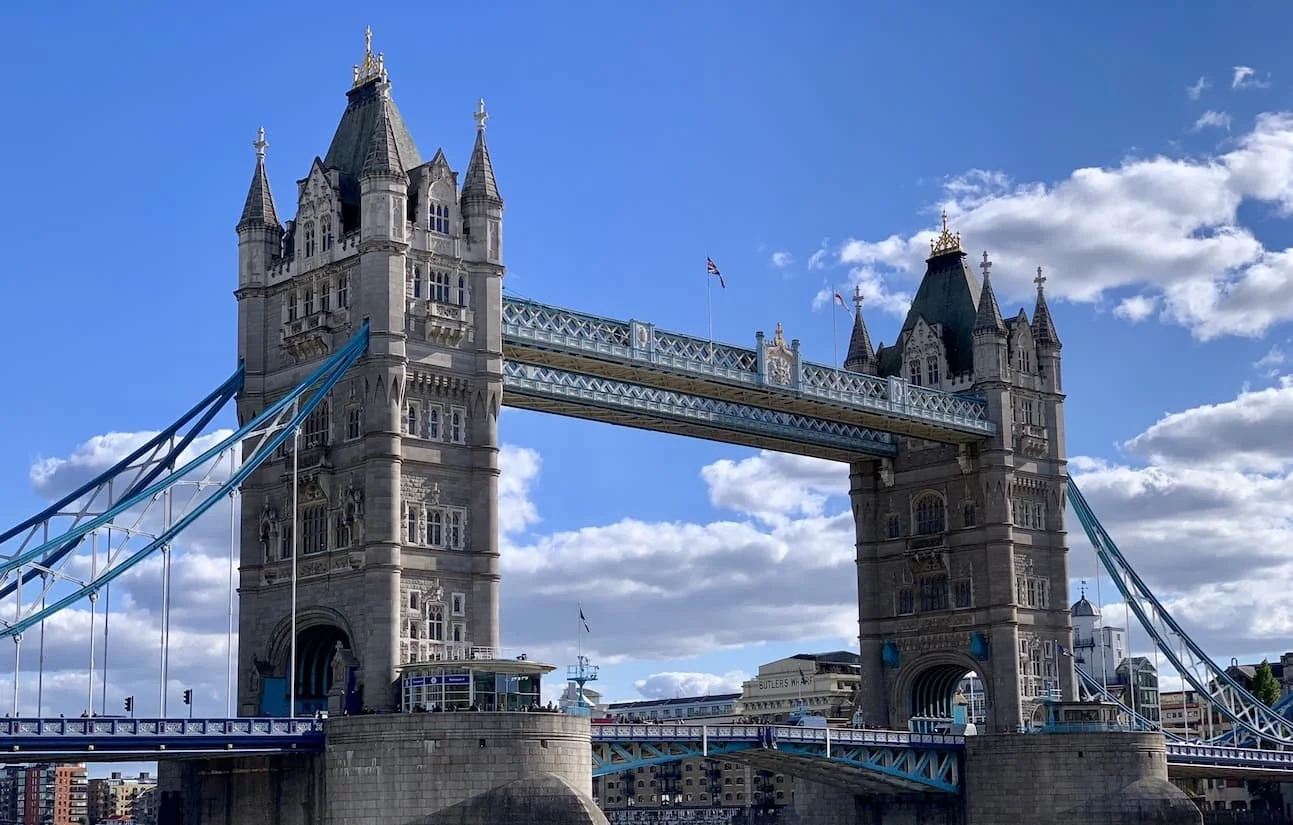Responsibility to Protect: Where is the Urgency in Syria?
/As another day passes, another sizable swath of territory in eastern Aleppo has fallen to Assad's government forces. Regime soldiers have led a very successful, rapid campaign to secure the city - an undertaking having severe consequences in recent days. Mounting atrocities involving the civilian population have been well-documented; reports of unexpected bombings, indiscriminate killings, and deaths via crossfire have littered both social and mainstream media. Those who have chosen to remain in their homes amongst friends and family fear for their lives with each passing minute. Those who believed the fighting was too extreme have fled the city in search of personal safety. Displaced by the thousands and forced into a nomadic scramble for preservation, they have no clue what the future holds.
Rebel or Regime?
With such uncertainty revolving around these advances, what escape do these citizens have? Those who stayed behind face a daily, if not hourly battle as to whether or not they will leave the rebel-controlled zones. This trepidation is well-understood. Multiple accounts from those within, whether via Twitter, Facebook, or mainstream media highlight a grim reality: there is no good option. Those who have attempted to leave the rebel-controlled zones have been prevented from doing so. Large numbers have also been killed. For those who have succeeded in crossing fronts, many have been conscripted. The fate of others has been even less fortunate. With emerging information regarding 81 men, women, and children being shot on sight by regime forces, it is becoming ever more apparent that there is no correct answer.
Responsibility to Protect
Nations make a key concession when joining supranational bodies such as the UN. The notion of shared sovereignty - sacrificing a degree of decision-making power in favor of group consensus - is the framework of international cooperation. Being part of this international community comes with responsibility, and the UN has a responsibility to support its individual members. In times of crisis and political turbulence, this could not be more true.
We know both regime and rebel groups have played major roles in wiping out pockets of civilian Aleppines. Nobody's hands are clean. For a nation to be considered sovereign and legitimate, it must actively protect its citizens in times of war and infighting. The problem in Syria is that protection is provided from neither a formal governing body, nor from those who seek to oppose it. The regime stands at one side and the rebels on the other, leaving defenseless civilians in the middle. This responsibility to protect, by promoting stability and security within political borders, has been cast aside by the likes of Assad and his military faction. In times like these, it is necessary for the international community to step in and provide support. Neither bombings from Russia nor deployment of force by the United States (both UN members) embody this ideal.
We need to see a greater voice arise out of neighboring Arab nations, as well as the United Nations, condemning these events. Where is the United Nations that involved itself in the Iraq War in hopes of promoting peace. Where is the United Nations that intervened to disarm fighters, to transition from war to peace in Sierra Leone? If the UN truly wishes to bill itself as a body that promotes safety and cooperation, it is their job to step in once more and mitigate further damage. Day by day, more people are killed and refugees flood into new areas seeking asylum. The time for intervention is now, even if it means stopping the actions of two of the UN's most powerful members. There is a time and a place for sparring over failed diplomacy measures, and that is at the negotiating table. There is no time for Syrians to be neglected any further.


